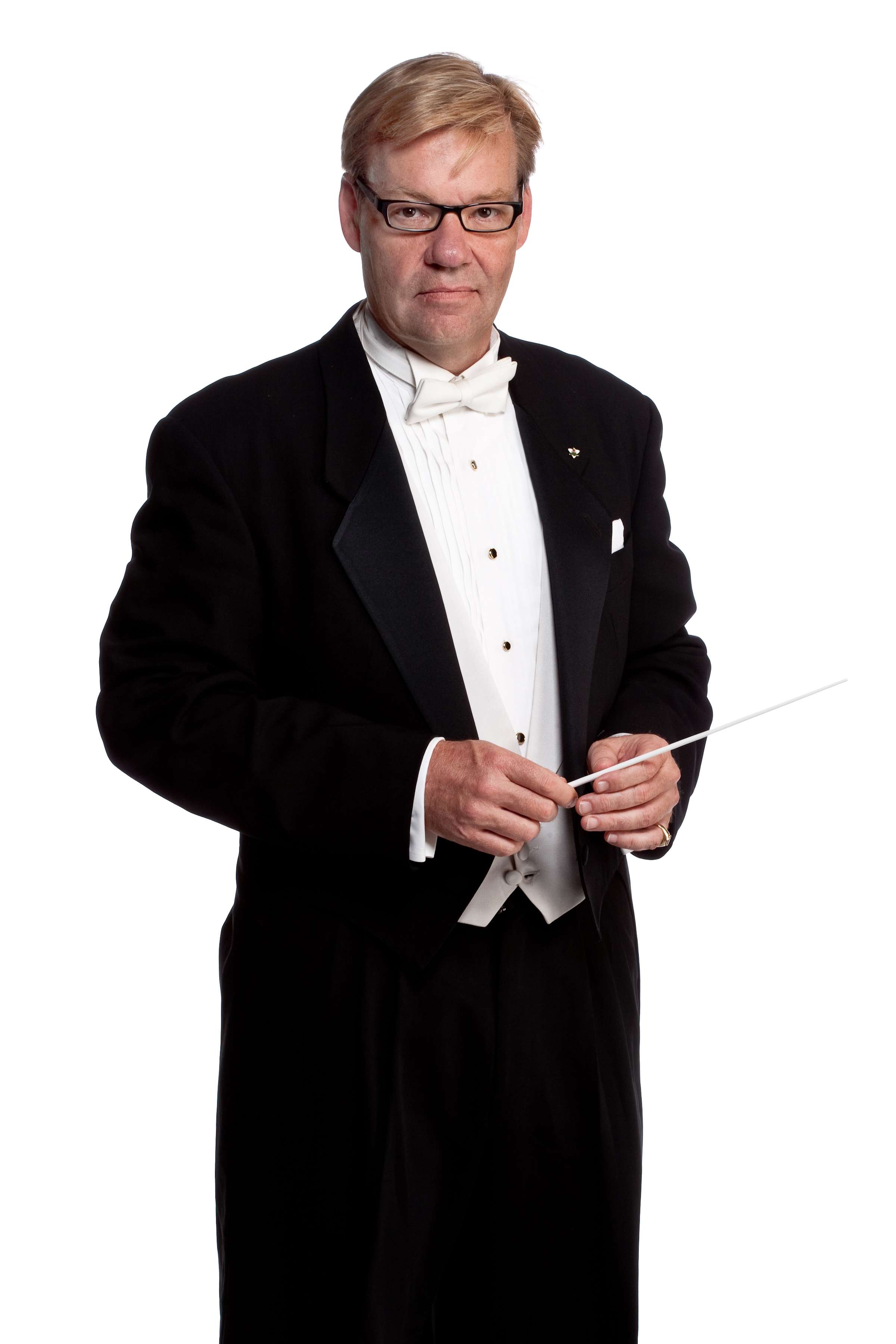|
Back
Sacred Music for a Sacred Space Toronto
St. Paul’s Basilica
04/22/2011 -
Giovanni Pierluigi de Palestrina: Stabat Mater
Healey Willan: Missa Brevis No. 11 (Kyrie, Sanctus, Benedictus)
Liturgical Motets: Behold the Tabernacle of God – O King all glorious – I beheld her, beautiful as a dove – Fair in Face – Rise up, my love
Gloria Deo per immensa saecula
An Apostrophe to the Heavenly Hosts
John Tavener: Funeral Ikos – Song for Athene
Eric Whitacre: Water Night – Sleep
The Toronto Mendelssohn Choir, Noel Edison (Conductor) 
N. Edison(© Frank Nagy)
The Toronto Mendelssohn Choir, founded in 1894, is one of the mainstays of Toronto’s musical life. With 150 members it is the regular choir for performances of large-scale works with the Toronto Symphony and other orchestras. Noel Edison has been its conductor since 1997; he also directs the Elora Festival held every summer in a picturesque town 90 minutes from Toronto.
This Good Friday program (all a capella) was performed at St. Paul’s Basilica, a Roman Catholic Church (built 1889) noted for its colourful interior (restored in 2006). It’s hard to imagine a more atmospheric venue for a concert of Christian sacred music, especially when the featured composer is Healey Willan who was associated for over 40 years with Toronto’s Anglo-Catholic Church of St. Mary Magdalene which continues its strong musical tradition with a resident music director/composer (currently Stephanie Martin). Among the capacity audience of 800 or so was Willan’s 94-year-old daughter.
The evening began with the choir's core group of 70 singers (called the Mendelssohn Singers) performing Willan works from the choir loft at the rear of the church, beginning with three sections from his Missa Brevis No. 11 (Missa Sancti Johannis Baptistae). Among Willan’s 800(!) works are 14 settings of the Missa Brevis. The five liturgical motets followed; these included the much-performed Marian motets “I beheld her, beautiful as a dove”, “Fair in Face”, and “Rise up, my love”. The sheer sonic variety within these pieces is ample evidence as to why they form part of the bedrock of the English Canadian choral tradition. Quiet sections especially were nicely maintained and projected. The first part of the program ended with the contrapuntal, five-part Gloria Deo per immensa saecula.
For the first numbers after the interval, the full choir was ranged along the two outer aisles of the church, with Noel Edison conducting from the centre aisle. This worked fine for the pieces by John Tavener, the British composer noted for his personal and musical adoption of Russian Orthodoxy. Funeral Ikos (composed in 1981) is a hauntingly effective work, both simple and complex. Music and text are repeated six times through the 12-minute span of the piece, each time with a different combination of voices. Each section ends with repeated alleluias. The words are from the service for the burial of priests.
Tavener’s Song for Athene was composed in 1993 in memory of a friend killed in a cycling accident. It contains text from the Orthodox funeral service and from Hamlet (e.g., “May flights of angels sing thee to thy rest”). A constant drone (or ison) underlies the work.
The dispersed arrangement for the choir was less effective for the Eric Whitacre pieces. Water Night has an interesting story: it was composed in 1995 while Whitacre was still a student at the University of Nevada, Las Vegas. He had just been persuaded not to drop out of music school when, inspired by an Octavio Paz poem (translation by Muriel Rukeyser), he composed this dreamlike song in 45 minutes. His second number on the program, Sleep, was set to the Robert Frost poem Stopping by woods on a snowy evening. However the composer was subsequently unable to obtain the rights to use the words, so a friend, Charles Anthony Silvestri, created words that fit the music as perfectly as those by Frost. Thus the final line “And miles to go before I sleep” became “As I surrender unto sleep”. (Another example to cite in the argument about the primacy of words or music!)
For the final pieces the choir regrouped in the chancel. The program took a giant backward step in time to perform Palestrina’s Stabat Mater, first performed during the 10-month reign of Pope Gregory XIV (1590-91), near the end of the composer’s long and prolific life. It calls for the choir to be divided into two parts, with four voices in each choir. After the earlier highly varied works this performance seemed rather dutiful and foursquare.
The final piece was Willan’s An Apostrophe to the Heavenly Hosts, a work commissioned by the Toronto Mendelssohn Choir back in 1921. Like the Palestrina, it is scored for eight-part double choir with two small “mystic” choirs. The final section uses the 17th-century German hymn tune “Lasst uns Erfreuen”, known in English as “All Creatures of our God and King”. (It has had arrangements made by many composers, among them Ralph Vaughan-Williams.) It is considered by many to be Healey Willan’s masterpiece; it certainly made for a joyous finale to this wonderfully varied, thought-provoking program.
Michael Johnson
|